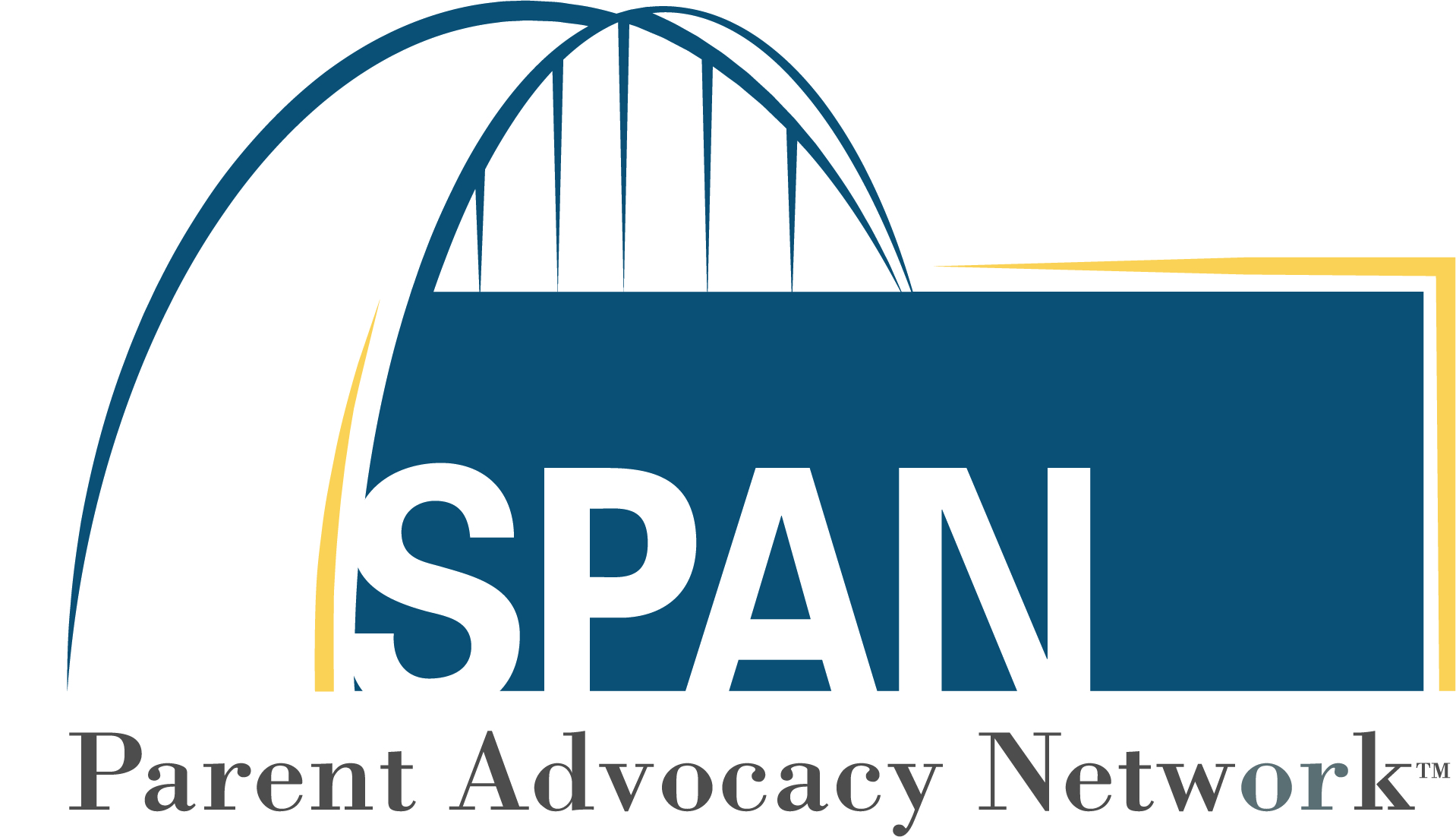Community of Care Consortium
FOR CHILDREN WITH SPECIAL HEALTH CARE NEEDS
Bringing families, community and government agencies, child- and family-serving organizations, and members of the medical community who care about maternal and child health, promoting health, preventing disabilities, and supporting families of children with special healthcare needs together

What the CCC Provides
PREGNANCY
- Support for diverse women of childbearing age to improve pregnancy outcomes and access services
- Engagement of diverse families as leaders to improve systems, reduce C-sections, and increase breastfeeding
BIRTH–21+
- Support accessing early screening/continuous screening and identification of special needs
- Support accessing quality health care and education/early education services
- Connections to needed services such as early intervention, special education (preschool, elementary, and high school), transition to adulthood, and Special Child Health Services
- Engagement of diverse families and youth/young adults as leaders in systems change
- Support developing the self-advocacy, independence, employment, continuing education, health, and civic engagement of young adults
Integrating Community Systems of Care
Integrating Community Systems of Care is a leadership and infrastructure designed to achieve and sustain an integrated, community-based system of services for Children and Youth with Special Health Care Needs (CYSHCN) and their families in New Jersey. The work of the Community of Care Consortium through this initiative has achieved:
- Increased systemic focus on the unique needs of CYSCHN, including health care transition, in systems of care serving NJ youth
- Improved access to family-centered, coordinated, comprehensive care for CYSHCN through medical homes that are part of an integrated, community-based system of services
- Increased and improved active participation of families of CYSHCN in all aspects of their children’s care and systems change and improvement activities
- Reduced health disparities and their negative impact on immigrant or limited English proficient children and families, children and families of color, and low or moderate-income children and families
Library
Resources & Materials
Fact Sheet: Early Intervention Services | Children develop at different paces, but there are developmental milestones that
children should reach by certain times during the first three years of their lives.
Pediatric Psychiatry Collective | Hundreds of pediatric providers are now receiving quick access to mental/behavioral health consultative support, and connecting patients with referrals to mental/behavioral health services through the PPC.
My Health Passport for Teens with Special Needs | Used to share important information with an individual’s medical care providers when they visit a doctor’s office or clinic or stay in a hospital, including their medical history, medications, allergies, how an individual communicates, how they deal with pain, medical procedures, etc. In English and Spanish
Healthcare Financing Fact Sheet Series | This is a series of one page fact sheets on NJ resources to finance needed healthcare for children with special needs, including Medicaid, NJ Family Care, Catastrophic Illness in Children Relief Fund, etc.
Healthcare Advocacy Across the Lifespan: What Parents of Children with Disabilities Need to Know | This guide summarizes information on education, health, human services, early intervention, and other agencies that help children with special healthcare needs and their families.
Health Care Options for Autism and Other Developmental Disabilities: A Guide for Parents and Professionals | This guide was created for parents and professionals who need to understand health-coverage options for the treatment of autism and other developmental disabilities. It describes different types of health-coverage plans, which federal and state laws apply to these types of plans, how those laws affect which benefits are covered and provides tips on accessing benefits.
Being a Healthy Adult: How to Advocate for Your Health and Healthcare | Developed by the Boggs Center, a guide for young adults that includes frequently asked questions and a series of activities to use to become an effective advocate, especially when you have special health care needs.
Transition to Adult Healthcare: NJ Action Blueprint | This guide provides an overview of the barriers and recommendations to achieve patient-centered medical care for emerging adults with disabilities. (Developed by the Boggs Center University Center of Excellence on Develpmental Disabilities in collaboration with the NJ Developmental Disabilities Transition to Health Care Forum, including SPAN and other members of NJ’s Community of Care Consortium for CYSHCN).
What Our Families Say
I always knew I needed to partner with my patients’ parents about their individual care, but it never occurred to me that parents could also help me improve my practice overall. Our parent partners are an incredible source of information and ideas. They know about the community resources in our area, and they know what parents need. They help us figure out what is going right, and what we need to improve. And they are an incredible resource for the other parents of children with special needs in our practice. I don’t know how we ever lived without parent partners! —Pediatrician, NJ Medical Home Practice
Contact Us
PROGRAM STAFF
—
Senior Director for Organizational Capacity-Building Programs
Senior Advisor to the Executive Director
(973) 642-8100 x 105
The Statewide Community of Care Consortium for Children and Youth with Special Healthcare Needs’ Co-Conveners are Diana Autin, Executive Co-Director of SPAN; Marilyn Gorney-Daley, Director of NJ’s Special Child Health and Early Intervention; and Fran Gallagher, Executive Director of the American Academy of Pediatrics-NJ Chapter. Our Core partners include NJ Departments of Health, Human Services, and Children and Families; the American Academy of Pediatrics-NJ Chapter; and the NJ Primary Care Association. An additional 65 statewide organizations participate.
This work was initially funded through Integrated Systems of Care Grants from the US Dept. of Health and Human Services Maternal and Child Health Bureau. SPAN and its partners continue to sustain this initiative through funding from other sources including the NJ Department of Health, the Association of Maternal and Child Health Programs, and the Centers for Disease Control and Prevention, among other funders.

